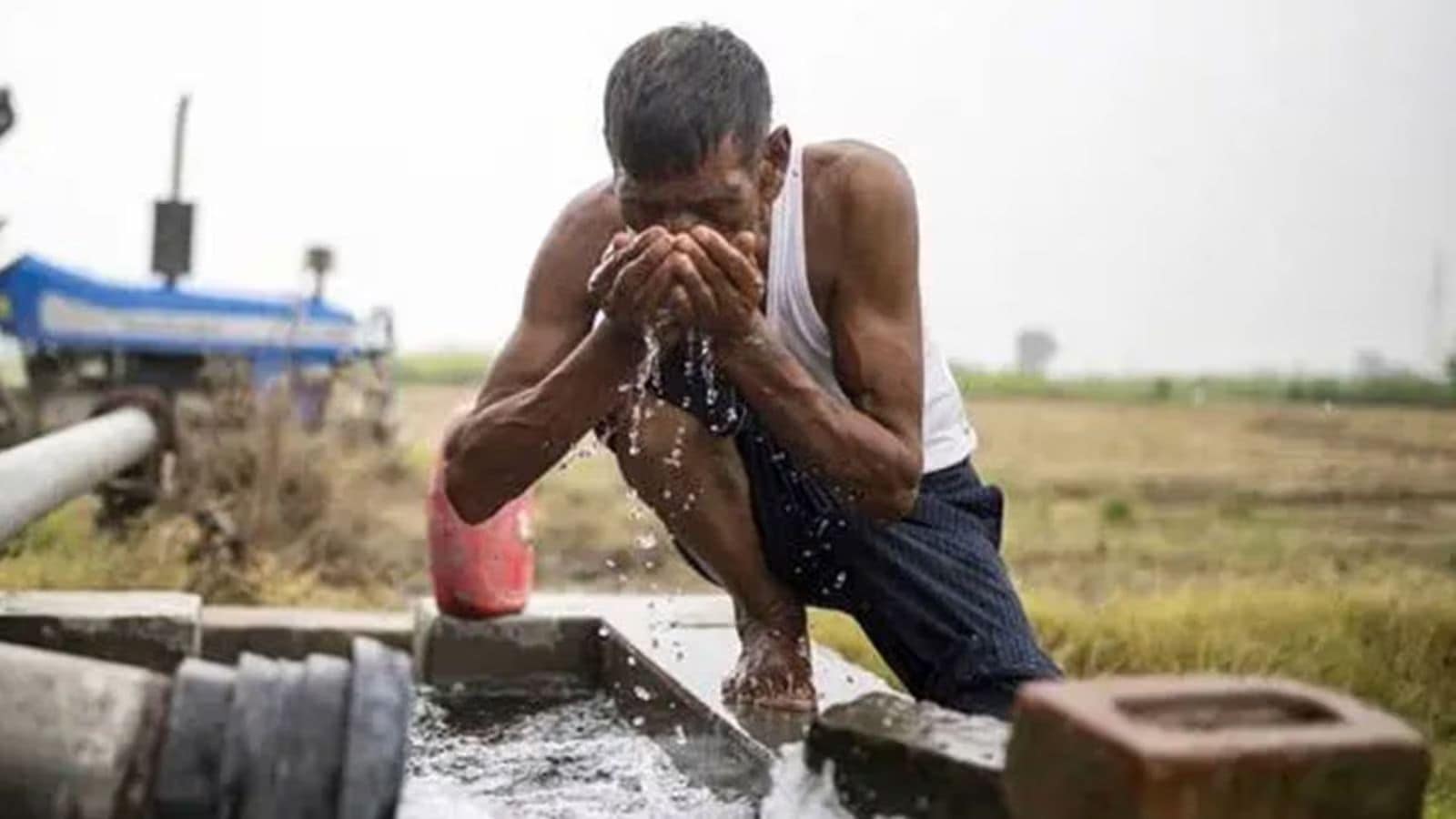Dense industrial clusters in Uttar Pradesh like Kanpur, Firozabad, Bhadohi and Moradabad witnesses disrupted in exports due to imposition of 50% import duty by the United States on Indian goods leading to stalled orders, shrinking market access, and widespread job losses especially among temporary and contract workers with at least 25% business loss in initial assessment, says export union representatives and local factory owners of these cities.
The demand for a bailout package from the government is growing in these clusters amid fear of further decline. Among these U.P. clusters, Moradabad is synonymous with brass handicrafts, Firozabad with glass Industry, Kanpur with leather and Bhadohi-Mirzapur with handmade carpet.
“This sector saw a 35–50% decline in U.S. centred orders since tariffs. Estimated 8,000–10,000 workers, including women artisans, are affected,” said Gaurav Singla, a member of export promotion council and glass manufacturer based in Firozabad.
Bhadohi, along with neighbouring districts such as Mirzapur, which serves as the hub of India’s handmade carpet industry, accounting for more than 60% of the nation’s total ₹ 17,000 crore exports are also believed to suffer a 30% loss as only United States accounted for roughly 58.6% exports. “Situation is grim with stalled orders, shrinking market access, and widespread job losses especially among temporary and contract workers, we need a bailout package as financial assistance from the government,” said Aslam Mahmoob, a member of Carpet Export Promotion Council based in Bhadohi.
In the leather Industry of Kanpur exports fell by about 20%, and many tanneries are downsizing. “The sudden and steep tariff hike is leading to cancel or renegotiation of current U.S. orders, disrupting the sector, with production being cut, we need a bailout support,” said Kanpur based Asad K. Iraqi, Regional Chairman, Council for Leather Exports.
Amid the crisis opposition Samajwadi Party (SP) demanded urgent, targeted government intervention through liquidity, wage support, and new market access to prevent a transitory shock from becoming a prolonged humanitarian and economic crisis in the State. “MSME sector is a cornerstone of Uttar Pradesh’s economy, contributing over 60% to the State’s industrial output and employing more than 90 lakh people, including skilled artisans, unskilled labourers, and daily wage workers, making them the backbone of manufacturing and exports in the state. MSMEs like carpets, leather, brassware, glassware, and garments contribute 80% of the state’s exports. The disruptions to MSMEs in Uttar Pradesh and similar clusters show severe distress signals that justify urgent, targeted intervention rather than a wait-and-see approach,” said Ram Pratap Singh, spokesperson, the Samajwadi Party (SP).
“Current signals indicate elevated risk of a localised socio- economic emergency in labor intensive U.P. clusters if disruptions persist, especially because of pre-existing credit gaps and the high share of informal, daily-wage employment in these industries. Early, targeted interventions that combine liquidity, wage support, and market access are necessary to prevent a transitory shock from becoming a prolonged humanitarian and economic crisis,” added Nasser Salim, spokesperson, the Samajwadi Party (SP).

 3 hours ago
5
3 hours ago
5









 English (US) ·
English (US) ·